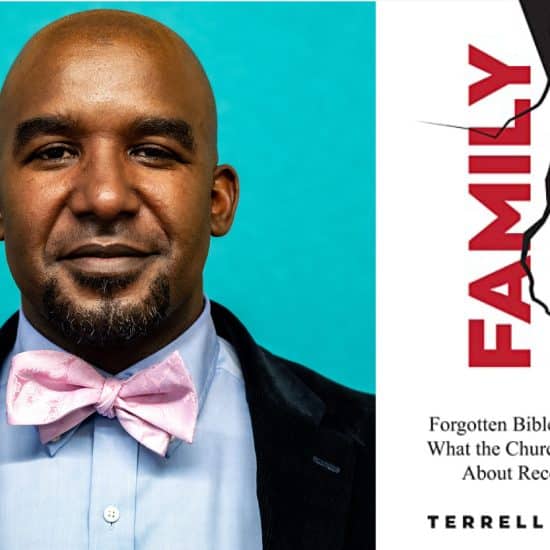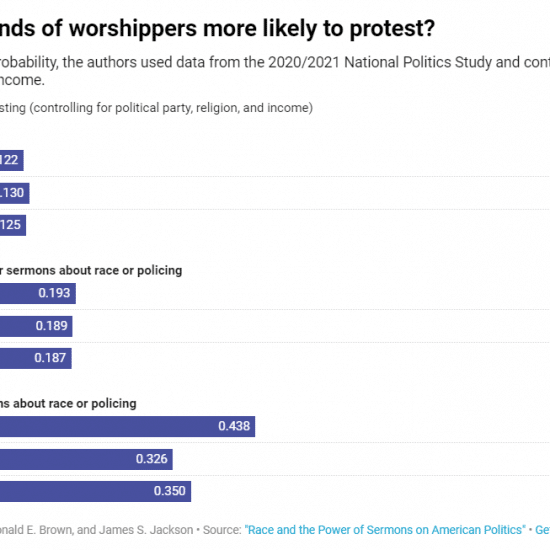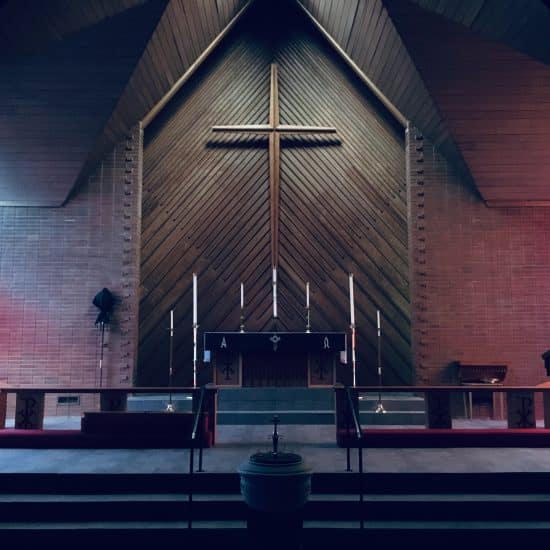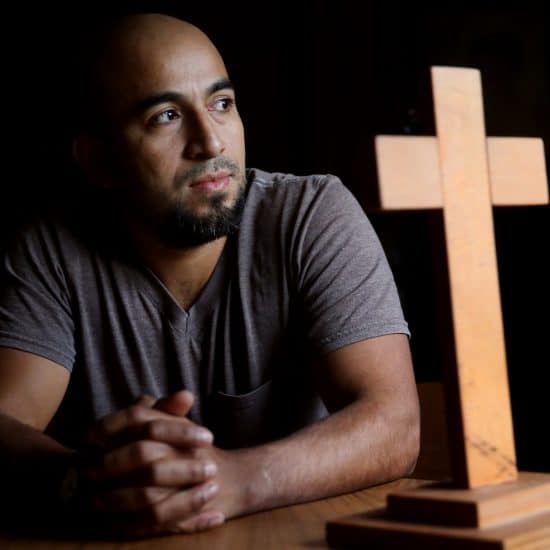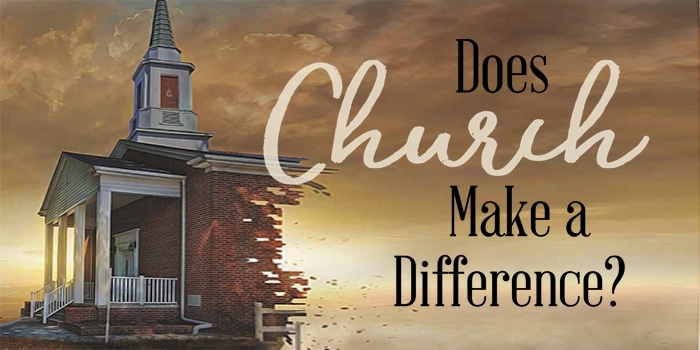
In the book “The Scandal of the Evangelical Conscience,” theologian Ron Sider laments that evangelicals do not seem to live by biblical standards. A professor at Palmer Theological Seminary, a school affiliated with the American Baptist Churches USA, Sider asked — as the subtitle of his book put it — “why are Christians living just like the rest of the world?” In the book praised by conservative and liberal theologians, Sider details several examples. Research shows about the same percentage of U.S. born-again Christians are divorced as the overall U.S. population and the rate of unmarried cohabitation is only slightly less among born-again Christians than in society as a whole. Sider also notes evangelicals —and especially Baptists— are more likely to object to black neighbors and that few evangelicals actually tithe.
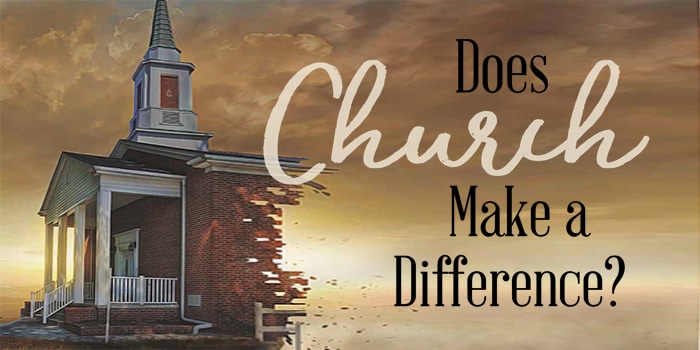 Cheryl Harader, associate pastor of spiritual formation at First Baptist Church in Lawrence, Kan., has heard these statistics and still believes church remains important. She finds many of the similarities between Christians and others unsurprising since non-Christians can also be good people.
Cheryl Harader, associate pastor of spiritual formation at First Baptist Church in Lawrence, Kan., has heard these statistics and still believes church remains important. She finds many of the similarities between Christians and others unsurprising since non-Christians can also be good people.
“I think what we make of those statistics is something that some Christians are reluctant to admit: that there are an awful lot of good people in the world who have never claimed to follow Jesus,” she explained. “I think people are kind of afraid to admit that God does good in a number of ways. It’s not just through Christians.”
“The teaching of a lot of churches is that Christianity is the only good,” she added. “You’re either in or you’re out, there’s no in between.”
Harader pointed to Gandhi as an example of a good person who never claimed to be a Christian even as he expressed praise for Jesus. She stressed there are biblical teachings — like Micah 6:8 and Luke 4 — that teach Christians to do good deeds. Yet she still recognizes others could come to follow those actions without biblical admonitions.
Despite her belief that people can be good without the church, Harader sees churches as important. She admitted that at times she has questioned church, but she remains “convinced that the church is the way God wants to move in the world.”
“God has created us for community,” she explained. “The Trinity is in community. The Godhead is three people in total unity, in communion. We are called to communion.”
“It’s community — that’s what God has wanted from the beginning,” she added. “The hope is in the community. We need this community of support.”
Church and Culture
Author and leadership coach Bob Dale sees the problem of culture keeping churches from making the difference they could otherwise make. A native of Missouri who now lives in Virginia, Dale has served as pastor, seminary professor and denominational leader.
“Does culture control the church or does the church shape culture?” he offered. “There’s no question in my mind that culture has been very powerful in American Church and often shaped it in particular ways.”
Thinking about the ways culture shapes churches, he posited two strong, troubling influences: individualism and consumerism.
“We’ve tended to become very individualized, which is not necessarily biblical but certainly reflects the culture,” he said. “We’ve also become very consumer oriented.”
“I see a difference in the U.S. between a ‘we faith’ and a ‘me faith,’” he added. “In most American denominations and religious bodies, it’s more a me faith. It’s more individuals. We’re more self-absorbed. That’s really not very biblical.”
Yet Dale also remains hopeful as he consults with churches and denominational bodies. He sees examples from the past — like the emergence of hospitals, orphanages and facilities for aging people — that arose due to concerns “coming out of faith, not culture.” He also thinks of more recent examples, like a church where some longtime members who are undocumented asked the church to raise their children (who are citizens) if deported. People in the church agreed and Dale said “that kind of thing is a ‘we faith.’”
“When I look around at faith that changes the world, I’m not thinking about politics,” he added. “Faith has a way of operating beyond politics, outside of politics.”
Sider, Harader and Dale all believe churches can make more of a difference in the lives of congregants — because they have seen churches that do. They see the importance of worshipping together because, as Harader put it, “worship is important for us to do in community.” But Harader added that churches should work toward “helping people understand God’s grace.”
“In some churches, members seem to be acting out of a need to please God and don’t have much grace for themselves when they don’t live up to those expectations,” she said. “If we can’t give grace to ourselves, if we cannot believe God loves us for who we are, then we can’t give grace to other people. Until we can give grace to ourselves, it’s real hard to give it to others.”
Dale also see the importance of bringing people together to serve others and live out “that ‘we faith’ where no one who has faith exists in a vacuum.”
“Does the church make a difference?” he added. “I guess it depends on whether the church is living a ‘we faith’ or a ‘me faith.’”
See also

